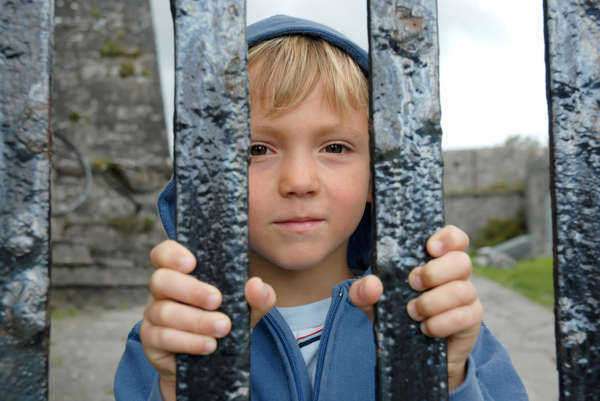Juvenile Delinquency In Depth
Crime and juvenile delinquency are one of the common problems arising out of child abandonment, neglect, or abuse. For their safety, these children have been removed from the care of their parents and have been placed in a new environment.
Due to their traumatic experiences, they may suffer adverse effects that will negatively affect their psychological development. They may easily become a juvenile delinquent for various reasons. They may not realize, or may not care, that their actions are illegal and wrong.

A child growing up witnessing violence may learn that this is an effective method of maintaining power and achieving goals. Many children have been removed from an abusive home and end up in a foster home where they continue to show signs of abuse and neglect.
A child in situations such as this may understand that the behavior in which these adults are partaking is wrong, but they often do not witness their abusers receiving any negative repercussions for their actions. This may instill the mentality that it is acceptable to use violence, and the child may take part in activities that will have them labeled a juvenile delinquent.
In many cases, a child who has suffered from abuse and who has been placed in a foster home has experienced no control over their life. They may be frequently uprooted from their homes and placed in new environments. No one gives any attention to the child's desires, and the child has no say in the decisions regarding their life. The State controls their life and their future. In response, a child may choose to become a juvenile delinquent as a method of asserting control.
A child in the foster care system may be dissatisfied with being told where they must live, who they must live with, and how they must behave. A child who chooses to break the law is consciously disobeying how someone has told them to behave. They are taking part in actions that they have been told to do, and as a result they are stating that they have control over their own lives, not anyone else.
In some cases, foster children engage in juvenile delinquency because psychological disorders make it difficult to recognize what is right from what is wrong. Research has indicated that children who experience frequent instability are more likely to become a juvenile delinquent. On the other hand, children who have a strong connection to their foster family are less likely to partake in criminal activities.
Data also illustrates that children who live in group homes are twice as likely to commit crimes. This may indicate that children who do not have strong role models may be more likely to partake in juvenile delinquency. Juvenile delinquency is a serious and growing problem in the United States foster care system, and effective methods of addressing this problem must be established.